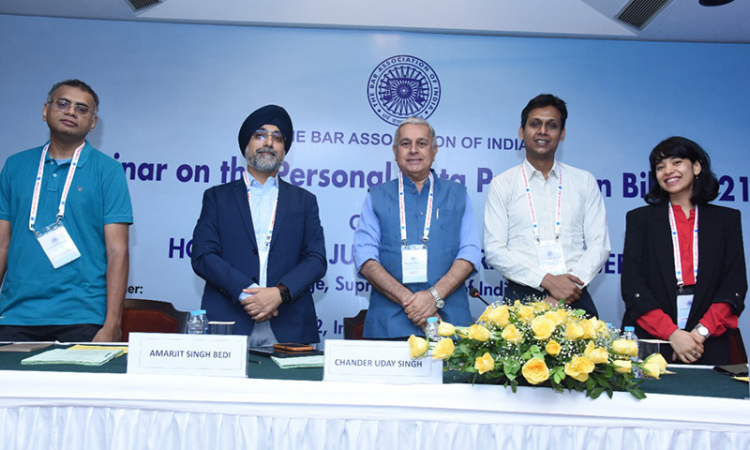Unpacking The Data Protection Law & Who Watches The Watchers? Government Surveillance Powers
Parvati Nambiar
10 May 2022 11:30 AM IST

Next Story
10 May 2022 11:30 AM IST
The Seminar on the Personal Data Protection Bill, 2021 was hosted by the Bar Association of India on 3rd May, 2022 at New Delhi. The program was inaugurated by the Chief Guest Hon'ble Ms. Justice Indira Banerjee, Judge, Supreme Court of India. Shri Shyam Divan, Senior Advocate & Vice President, BAI gave the welcome address and set the stage for the impugned bill stating that "It's...
